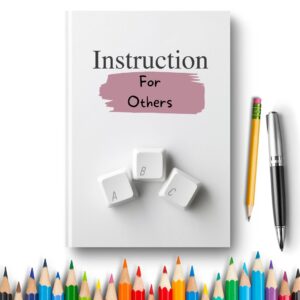People pleasing is also a form of deception, both with yourself as well as with others. Though not conscious or intentional, attempting to try to get people to like you, approve of you or stop wanting something from you often requires pretending or lying.
People pleasing is all about dishonesty. This comes from learning early on that being honest is not emotionally safe. People pleasers often grow up in very controlling and chaotic environments. As adults, they’ve internalized the idea that conflict can be minimized and attachments secured if they behave the way others want and expect. As such, people pleasers are good at acting in ways that don’t reflect how they truly feel. Instead, they become skilled at intuiting how other people want them to be and acting in ways designed to get others to have positive thoughts and feelings about them at the expense of being honest with themselves.
The price for this kind of deception is that you don’t have anyone’s back; not yours or anyone else’s. Not being authentic means others don’t know the real you so being liked doesn’t offer the kind of connection and belonging you we all long for. As such, it’s common for people pleasers to feel deep-seated but hidden resentment towards others and chronic anger at themselves. But the alternative can be even more difficult. Giving up the pattern of people pleasing means letting go of trying to control others thoughts and feelings about you (which we don’t have anyway) and risks accepting that disapproval or rejection can’t always be circumvented, no matter how pleasing we are. For many, it’s not worth the risk.
People–pleasers are often warm, kind, agreeable and generous people. They overextend themselves, say “yes” to everything and everyone and are eager to make those they care about happy and comfortable.
But this tendency to defer, to ignore their own boundaries and minimize their needs makes them vulnerable to emotional abuse and predation. They can struggle with themes of exploitation and betrayal throughout their lives.
It takes practice and courage to shift out of a people–pleasing position. It’s anxiety-provoking and requires replacing habituated harsh self-judgment with self-compassion. People pleasers have a deep need to be heard, to be held, without judgment or rejection and this healing starts with themselves.
Learning to relate to yourself with curiosity and compassion is a skill and the foundation of building a more authentic relationship with both yourself and others you care about. Relating to yourself gently will not come naturally but trust comes by practicing a message that conveys, “I’ve got you. This is okay. Whatever you feel right now is okay.”
If you are a people pleaser, I caution you not to judge yourself for this tendency. Remember this is how you coped; how you learned to feel safe when you sensed danger. Pleasing others also reflects how much you value connection, belonging and care for others. The deception in people pleasing is not driven by malignancy; it’s driven by fear. People pleasing not an attempt to gain power, it’s just the opposite; it’s a form of giving up and giving away your power. Breaking the habit of people pleasing is about empowerment by building trust with yourself; learning how to maintain positive regard for yourself and respect for your truth no matter how other people act.



